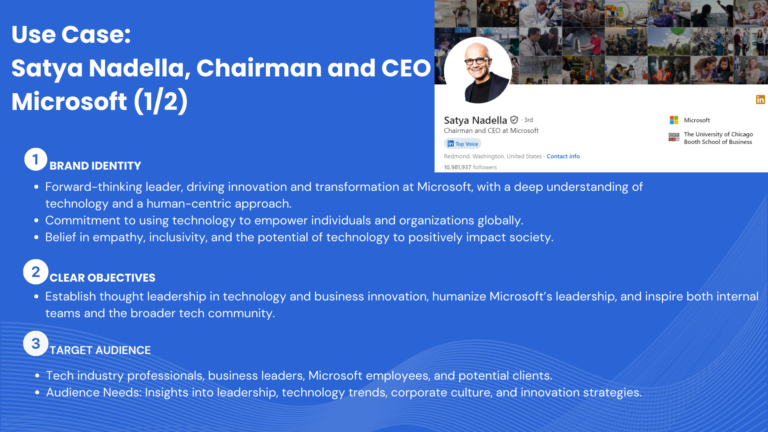
We’ve already told you before, we really don’t like the word employee. These individuals form the essence of a company. They embody the spirit of what it represents and form the pillars on which it stands. They are skilled individuals, impactful contributors, and effective problem solvers. It’s why we’re ditching the reductive notion of “employee” and we’re now calling people as they really are: Talents. And since we’re all about talents here, we’re guessing you might be too! You might also be interested in promoting talent advocacy in your business. If you are then you’re in the right place! If you’re not, then the next few lines may change your mind.
These individuals form the essence of a company. They embody the spirit of what it represents and form the pillars on which it stands.
What is Talent Advocacy?
In the business world, talents are the face of a company and its most valuable asset. A talent advocacy program is a systematic approach to empowering and enabling talents to become advocates for the organization, its mission, values, and goals. By definition, talent advocacy is the promotion of a company by its talents. It can take many forms, but typically includes some combination of word of mouth, social media sharing, online reviews, and referrals. When done correctly, talent advocacy can be a powerful tool for your business.
What are the Benefits of Talent Advocacy?
There are many benefits to talent advocacy. We’ll share with you a few important ones backed by data.
Brand Awareness and Engagement
Talent advocacy is a great way to get your brand in front of your target audience. Talents are the perfect brand ambassadors. They have a personal connection with their company and what it offers. They can also influence their peers by sharing stories about how the company solved specific issues for their customers, which increases brand awareness among friends and family members who might not otherwise be aware of them. Your content receives 2x higher engagement when shared by your talents.
Business Development
Jerry has a business that provides customized IT solutions to hotels. He had a pitch coming up for a big, high-tier prospect but knew that he needed something extra to win the contract. So he started researching ways to elevate his pitch when he found a digital transformation post published by Matt on LinkedIn. He checked Matt’s profile. All his posts were about digital transformation and remote solutions. Jerry liked what he saw. So he contacted Matt, partnered with him and prepared the biggest pitch of his life. And guess what? He won a $1.2 million contract. It works because 75% of B2B buyers use social media to make purchasing decisions. Social selling is now one of the most prominent ways to sell. One LinkedIn study has shown that salespeople who regularly share are 45% more likely to exceed their quota. Another Hinge study found that nearly 64% of advocates credited the advocacy program with attracting and developing new business.
Talent Acquisition and Retention
Here’s another story. Tracy worked in marketing at a tech startup. She loved it. She frequently posted about the company’s culture and was promoted to a senior role in her second year there. Her friend Marc is a designer. He was looking for a new position after freelancing for a while. Yet, he was a bit hesitant about his next step and where he should work. He noticed that Tracy was really happy at her company, so he asked her if they had a vacancy. A couple of interviews later, he joined her team. Engaged talents are crucial to the business. They want to be a part of the company, they want to see it succeed. This creates an environment where talents feel like they’re working together towards common goals. It leads to a positive work culture where talents want to stay and would recommend the company to other talents. As a matter of fact, companies with socially engaged talents are 58% more likely to attract top talent and 20% more likely to retain them.
How Do You Implement a Talent Advocacy Program?
A talent advocacy program is a great way to get your employees involved in promoting your company. Here are a few tips on how to start:
- Define what you want talents to advocate for. Whether it’s sharing company news, new products, or blog posts, make sure they know what to promote.
- Create content that talents will want to share. This means creating content that is interesting, informative, and shareable.
- Support your talents with sharing your content and creating their own by establishing a defined framework. Provide links, topics, and templates that make it easy for employees to create and share content with their audience. Or better yet, use a solution that will help them to do it better and faster.
- Encourage and reward talents for their participation. Show your appreciation for those who participate by giving them recognition or rewards. This will help keep them motivated to continue advocating for your company.
Don’t Forget
When building your talent advocacy program, it is vital that you ensure that your talents understand why they are being asked to advocate the business. This is crucial for their motivation. Explain that the program would also benefit them on the individual level since it contributes to their professional reputation and helps position themselves as thought leaders in their industry.
Do you have more questions about talent advocacy? Not sure where to start? Let’s help you get going! Hop on a free consultation call with our experts!
We will be having a more in-depth look on how business leaders can leverage LinkedIn in the coming months. We will also be covering other related topics that might pique your interest, so make sure you follow us on LinkedIn for our latest blog posts and updates!



